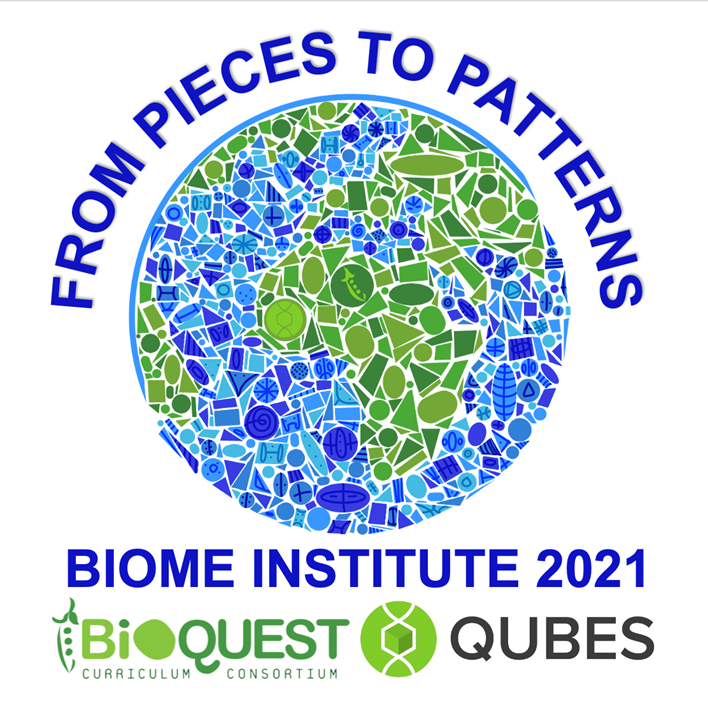Grappling with Graphs: New tools for improving graphing practices among biology students
Author(s): Stephanie M. Gardner1, Eli Meir2, Joel K Abraham3, Ryan Baker4
1. Purdue University 2. SimBiotic Software 3. California State University, Fullerton 4. University of Pennsylvania
1073 total view(s), 480 download(s)
BIOME_poster_2021_Gardner et al_GraphSmarts.pdf(PDF | 1 MB)
GraphSmarts Promo.mp4(MP4 | 65 MB)
- License terms
Description
The visual display of data in the form of graphs allows biologists to explore patterns, make meaning, draw conclusions, and communicate the results of their experiments or other types of inquiry. However, creating graphs is a multi-faceted practice drawing from statistics, visual perception, and a knowledge of the biological system under study. As undergraduate biology curricula increasingly shift to engaging students with the practices of science there is a need to better understand the features of student competence with those practices in order to support their development and mastery. The overarching goal of the Grappling with Graphs project is to elicit undergraduate biology students’ graphing practices in authentic biological contexts and use those data to guide teaching of graph construction. Using an Evidence-Centered Design approach, we have already developed, validated, and tested a digital graphing assessment in a conservation biology context for use at scale to gather data from diverse biology students. In the next phase of this project, we aim to develop assessments of graph construction practices in additional biological contexts and build new teaching materials based on our findings. Examining student performance on the assessments will reveal common difficulties biology students have in constructing graphs across biology topics, and common learning trajectories they take in overcoming those difficulties to improve graphing competence. We will use these results to develop open-access instructional materials. Importantly, these materials will be developed in collaboration with instructors from diverse institution types and will undergo iterative testing with undergraduate biology student populations. The products of this work will help students learn graph construction practices, provide valuable feedback to instructors on their students’ graphing competence, and provide a rich dataset on undergraduate graphing practices and potential learning trajectories to guide future research. We are currently seeking instructor partners from diverse institution types across the U.S. to collaborate with us in the development of new biology scenarios for graphing relevant to introductory biology. Through this partnership in later phases of the project we will also co-design, evaluate, and disseminate sets of open-access graphing instructional tools for introductory biology students.
This work is supported by the National Science Foundation under Grant No. 1726180 and 2111150.
Cite this work
Researchers should cite this work as follows:
- Gardner, S. M., Meir, E., Abraham, J. K., Baker, R. (2021). Grappling with Graphs: New tools for improving graphing practices among biology students. 2021 Biology and Mathematics Educators (BIOME) Institute, QUBES Educational Resources. doi:10.25334/GMSW-PH14
